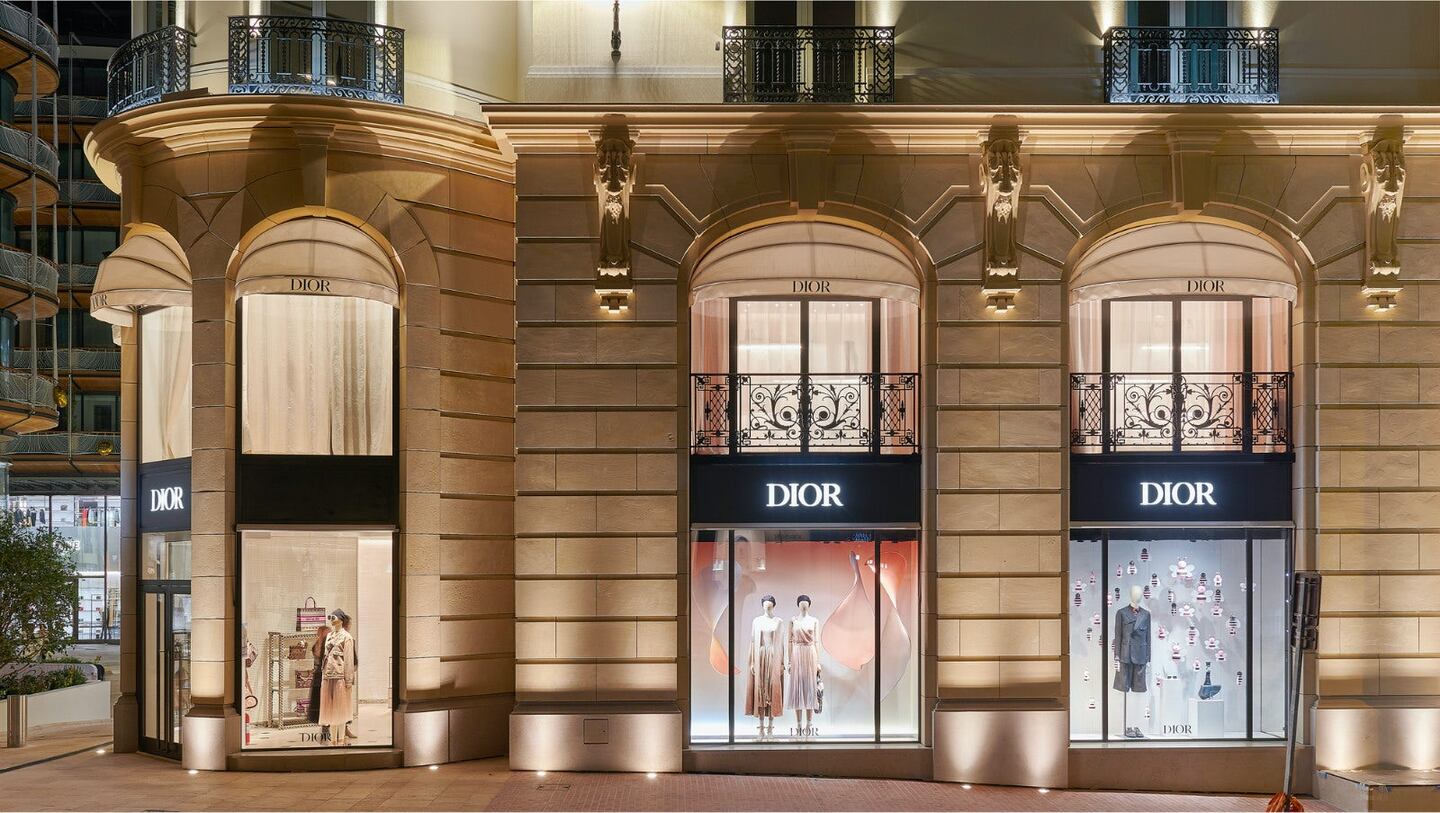
Agenda-setting intelligence, analysis and advice for the global fashion community.

Agenda-setting intelligence, analysis and advice for the global fashion community.

Italy’s Competition Authority opened an investigation into some companies controlled by luxury fashion groups Giorgio Armani SpA and LVMH’s Christian Dior over alleged unfair commercial practices.
The antitrust regulator said that the two brands may have used supplies from laboratories which employed workers receiving “inadequate” wages. In addition, these workers sometimes had to work illegally long hours in inadequate health and safety conditions, which was “in contrast to the boasted levels of production excellence” at the brands, the regulator said in a statement Wednesday.
It is the latest move by authorities in Italy to crack down on alleged unlawful business conduct in the fashion industry.
In June, a Milan court put a unit of the French fashion house Dior under judicial control citing alleged labour violations in its supply chain. Dior, which produces luxury bags and accessories in Italy, didn’t “prevent and stem labour exploitation within its production cycle,” the Italian police said at the time.
ADVERTISEMENT
Similarly, in April a Milan judge placed the manufacturing unit of Armani under the same control for alleged workers exploitation.
On Tuesday, financial police and antitrust officials searched the headquarters of Giorgio Armani SpA, G.A. Operations SpA and Christian Dior Italia, according to the statement.
Armani Group said it was aware of the investigation.
“The companies involved are fully committed to co-operate with the authorities, believe that the allegations have no merit and are confident of a positive result following the investigation,” the Italian company added in a written statement.
Dior couldn’t immediately be reached for comment.
By Alberto Brambilla
Learn more:
Italian Sweatshop Probe Is a Wake Up Call for Luxury Brands
An investigation into labour exploitation in fashion’s Italian supply chains has already entangled Armani and LVMH, accusing the companies of failing to adequately oversee their suppliers. Incoming EU regulation means such lapses in oversight could soon come with penalties of up to five percent of global revenue.
The FTC argued at an eight-day trial in New York that the merger would eliminate fierce head-to-head competition between the top two US handbag makers.
The Birkin bag maker reported a hefty rise in third-quarter sales on Thursday, continuing to outperform rivals hit hard by a sharp slowdown in luxury demand.
Sales at the French group fell 16 percent in the third quarter as a market-wide downturn hit hard. At flagship brand Gucci, where revenue fell 25 percent, management is exploring store closures while betting on a revamped handbag programme to jump start demand.
The tie-up between the French couture giant and the Hindi film star comes as luxury executives eye India’s high growth potential.